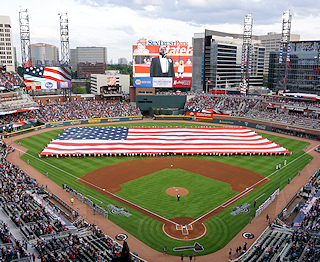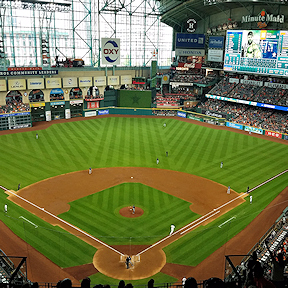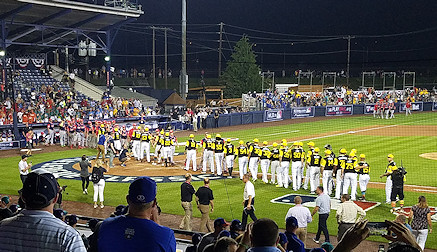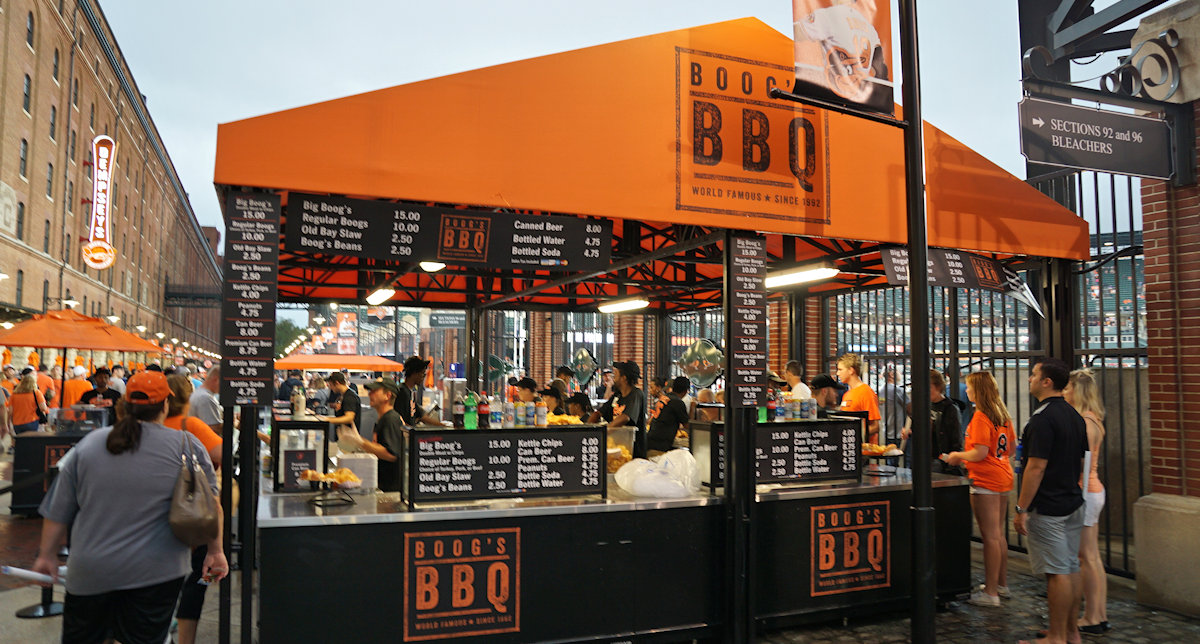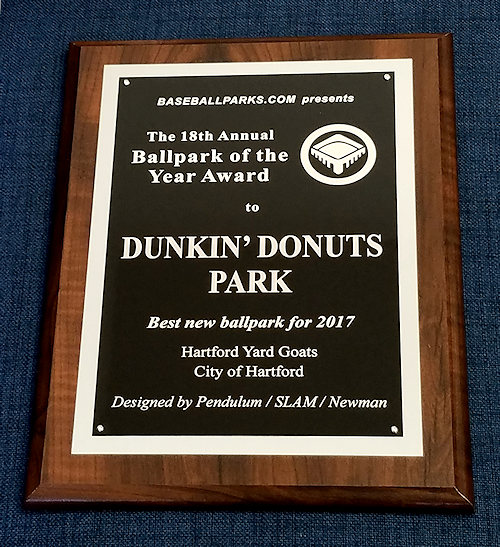You’ve seen them in countless sports publications, on the MLB Network, on travel websites, on ESPN’s Baseball Tonight, on The Travel Channel, and of course right here at BaseballParks.com.
We’re talking about rankings of big-league ballparks.
In fact, my first writing assignment from USA TODAY was to pen a piece ranking the 30 MLB parks. This combines three of USA TODAY‘s very favorite things: lists; sports; rankings.
You probably think that the 30 stadiums have been ranked every possible way. Well, they hadn’t — until now.
Max Schleicher works for a start-up firm in Chicago called ReviewTrackers. Max explains that the company, among other things, analyzes online reviews of products and services to assess “customer service insights.” Obviously, such data would be invaluable to marketers.
“Plain and simple, I like playing around with data,” Schleicher told BaseballParks.com. “Doubly so for baseball data.” That’s what motivated him to start looking at feedback about ballparks in ways never before attempted. Read More
